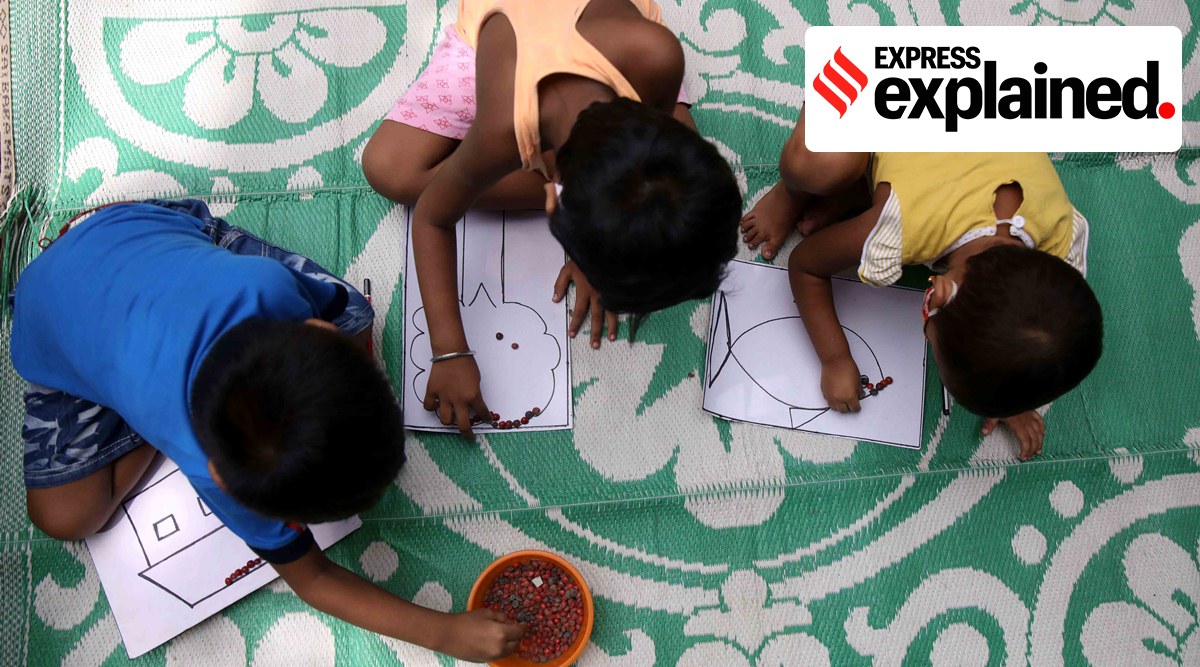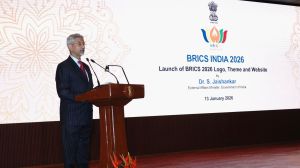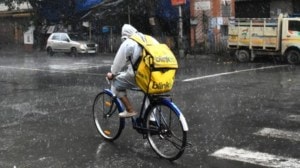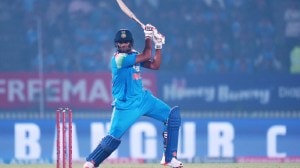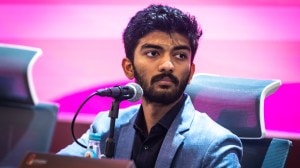
What is the PM CARES scheme for children who lost parents to Covid?
PM CARES for Children was launched in May 2021 to ensure rehabilitation and education of children who lost caregivers to Covid between March 11, 2020, when Covid-19 was declared as a pandemic by the WHO, and February 28, 2022. The scheme applies to children who have lost both parents or a surviving parent or legal guardians/adoptive parents, to ensure their rehabilitation and education.
Funded by PM Cares and with MoWCD at its nodal agency in the Centre, the scheme will provide a monthly stipend to each child from the age of 18 years, and a lump sum amount of Rs 10 lakh on attaining the age of 23. The Prime Minister said the benefits also include an annual scholarship of Rs 20,000 for school students and monthly financial support of Rs 4,000 for daily needs.
Health coverage will be given through the Ayushman Card, and counselling through the Samvad helpline for psychological and emotional help.
Different guidelines have been mentioned for the care of children under different age brackets.
Till six years of age, children will receive support from Anganwadi services for supplementary nutrition, pre-school education.
Story continues below this ad
For children below 10 years of age, admission shall be provided in any nearest school – government/government-aided school/Kendriya Vidyalayas (KVs)/ private schools – as a day scholar.
In private schools, tuition fees will be exempted. The scheme will also utilise existing schemes and programmes. For instance, two sets of free uniform and textbooks shall be provided under the Samagra Shiksha Abhiyan.
Additionally, the scheme will help place the orphaned children either in the care of relatives and family, or with Child Care Institutions (CCIs), or in a Sainik School, Navodaya Vidyalaya, or other residential schools. CCIs are centres for children in need of care or in conflict with the law, and are mentioned under the Juvenile Justice Act of 2015.
What is the process to select beneficiaries?
Story continues below this ad
Applications for enrollment under the scheme were to be submitted via the online portal – pmcaresforchildren.in – with the required documents till February 28, 2022. Child Welfare Committees (constituted by the state governments under the Juvenile Justice Act) have been tasked with gathering facts about each case and recommending the child as a beneficiary to the District Magistrate (DM). The DM will then accept or reject the application and if accepted, the relevant bank accounts will be opened.
It was in July 2021 that the Ministry had directed states and UTs in July 2021 to identify children eligible for support and register them on the portal.
Aadhaar registration of eligible children is needed to receive support under the scheme, and if the same is unavailable the DM has to facilitate it.
The Department of Women and Child Development or the Department of Social Justice in the state/UT is the responsible authority here, while the DM is incharge of verification of beneficiaries and is to act as a “guardian” of the children.
Story continues below this ad
What led to this?
In the past, courts have questioned the government about the work being done in this regard. In July 2021, the Supreme Court had asked district authorities to “immediately take charge of such children and attend to their basic needs without waiting for any further orders”.
Later in May 2022, the Delhi High Court directed the Centre to file an affidavit explaining in detail the steps that have been taken for ensuring continued education of the children. This order was passed after a petition was filed by two minors, students of Class II and Class V, who lost their sole bread-winning parent to Covid-19.
National Commission for Protection of Child Rights (NCPCR), as a monitoring authority under the Juvenile Justice Act, was asked by the apex court to set up a portal.
Story continues below this ad
“Bal Swaraj” was set up, where data of the orphaned children was uploaded. The NCPCR said it has been tracking all the children who have lost their parent/s since April 2020, and that all states/UTs were directed to upload the data of all such children on the Bal Swaraj portal. However, it clarified that its figures include deaths of parents in the given period due to other reasons too.
How many children were orphaned in India due to Covid?
A study published in The Lancet in February this year said the number was close to 19 lakhs. In a press release, the government said these numbers were “sophisticated trickery intended to create panic among citizens, divorced from truth and ground reality”. The NCPCR was “continuously tracking” the numbers, it said.
It added that in compliance with the judgment of the Supreme Court, the NCPCR also files affidavits on “regular basis to update the Hon’ble Court.”
Newsletter | Click to get the day’s best explainers in your inbox
Story continues below this ad
An earlier study of The Lancet from July 2021 had estimated 1.19 lakh children had lost a primary caregiver. It said India had the third highest number of such children in the world.
According to the government’s own data, 1.53 lakh children were orphaned due to Covid-19.
So far, 9,042 applications have been received under PM CARES for Children, of which 4,345 have been approved. Most of the approved applications are from Maharashtra (790), Uttar Pradesh (441), and Madhya Pradesh (428), while most applications have been received from Rajasthan (1547), Maharashtra (1434), and Uttar Pradesh (976).

